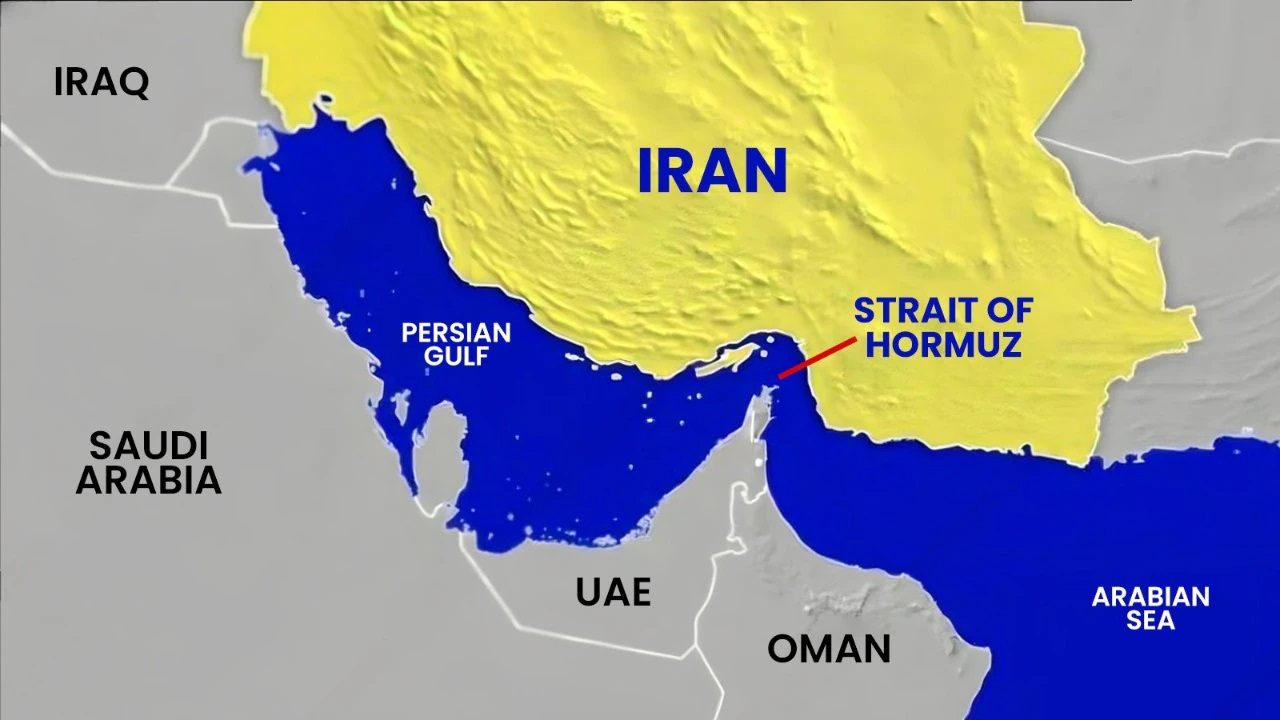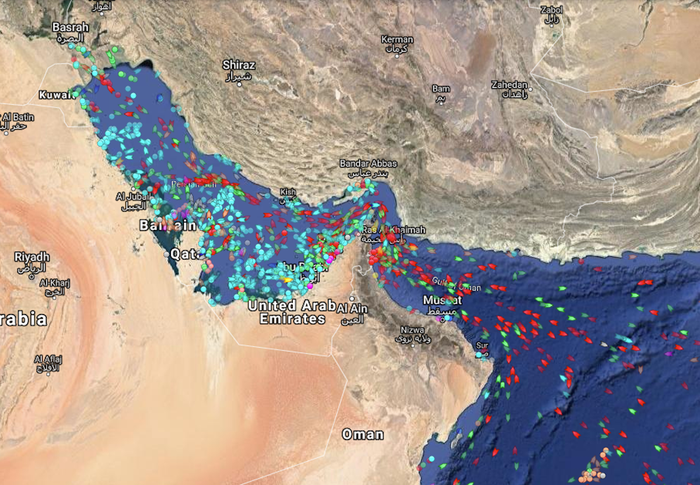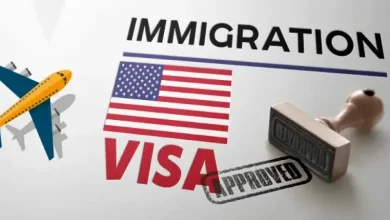Iran Threatens Hormuz Closure After U.S. Strikes: Oil at Risk

Picture filling your gas tank and watching prices double in a single night. That’s the alarm tightening the world as Iran threatens to shut down the Strait of Hormuz, a 20-mile-wide waterway through which 20% of the world’s oil passes, after the U.S. airstrikes strike its nuclear facilities on June 22, 2025. This is not a foreign conflict—it can impact your wallet, slow global commerce, and spark economic turmoil. Here’s what’s going on and why it matters to you.
Iran Strait of Hormuz News
Iran’s parliament passed unanimously on June 22, 2025, calling for the Strait of Hormuz to be closed, a 21-mile-wide strait that is critical for Saudi Arabian, UAE, and other oil exports. The action is taken after US B-2 bombers attacked Iran’s nuclear complex at Fordow, Natanz, and Isfahan, and tensions soared to unprecedented levels. While the decision needs to be confirmed by Iran’s Supreme National Security Council, the threat itself shook the world markets.
Iran Strait of Hormuz Breaking News
Up to now, June 23, 2025, the Strait is still open, but oil prices are up, with experts predicting a leap to $120 a barrel if there is a blockade. U.S. Secretary of State Marco Rubio described the threat as “economic suicide” for Iran and appealed to China, which gets 5.4 million barrels a day via Hormuz, to act. Vice President JD Vance warned Iran’s economy, based on oil exports, would collapse if it were closed.
Iran Strait of Hormuz Closure
Its closure would be historic. Iran has previously threatened to close it but never followed through, even during the Iran-Iraq War. The Islamic Revolutionary Guard Corps (IRGC) boasts of being organised to close the Strait “within hours” utilising mines, drones, and missiles from its Bandar Abbas base.
However, others, such as Gregory Brew of the Eurasia Group, argue that a prolonged closure would elicit U.S. naval retaliation and damage Iran’s own oil flows to China.

A blockade would shut off 20 million barrels a day of oil, battering economies all around the world. India sees 70% of its crude and 40% of its LNG transit through Hormuz, so increased fuel prices and delayed deliveries. Shipping companies like Maersk are ready, with some vessels rerouting at added expense. Saudi Arabia and the UAE have limited pipeline options, but can’t route around the Strait.
Iran Strait of Hormuz Oil
The flow of oil through the Strait is the lifeline of international trade. Practically all of Qatar’s LNG is shipped through Hormuz, and Gulf nations supply Asian and European markets. A blockade would cause inflation, as JPMorgan posted a threat of 5% U.S. inflation. Customers would witness gas prices go sky-high, while industries ranging from shipping to manufacturing would need to find ways of paying higher prices, threatening to push economies into recession.
Iran Blocks Strait of Hormuz
Unverified accounts of the Strait already having been closed by Iran, such as that report on Republic World, are not confirmed. Iran’s state media credits the vote in parliament as advisory, and no blockade is in place. The U.S. Fifth Fleet, based in Bahrain, is prepared to keep the Strait open, but the mere threat of war causes market jitters. Polymarket traders now price a year-end closure at 52%.
Iran Closes Strait of Hormuz
Should Iran close off Hormuz, it would be sudden. World energy markets would falter, and war by the military could ensue. But Iran’s own dependence on the Strait for oil revenue means complete closure is perilous. Experts foresee that Tehran may try half-measure interventions, such as ship seizures, to bargain with the West without self-annihilation. The world holds its breath meanwhile.
Conclusion
The Strait of Hormuz crisis is a bitter reminder of how things international make their way to our doorstep. If Iran bluffs or puts its money where its mouth is, the consequences are high—your gas, groceries, and bills get pinched. Keep an eye on how this unfolds, and hold on for a bumpy ride in global markets.
FAQs
What country owns the Strait of Hormuz?
No nation controls the Strait of Hormuz; it’s a global waterway between Iran and Oman.
Why does Iran control the Strait of Hormuz?
Iran doesn’t completely control it, but has major influence because it is strategically placed on the coastline and has military personnel.
Is Iran going to close the Strait of Hormuz?
Iran threatened to close it as of June 23, 2025, but no closure has been reported.
Why is the Strait of Hormuz significant?
It’s a critical chokepoint for 20% of the world’s oil and gas commerce, linking the Persian Gulf to global markets.
What is Iran’s presence in Hormuz?
Iran has a robust military presence in the Strait with naval bases, missiles, and drones.




